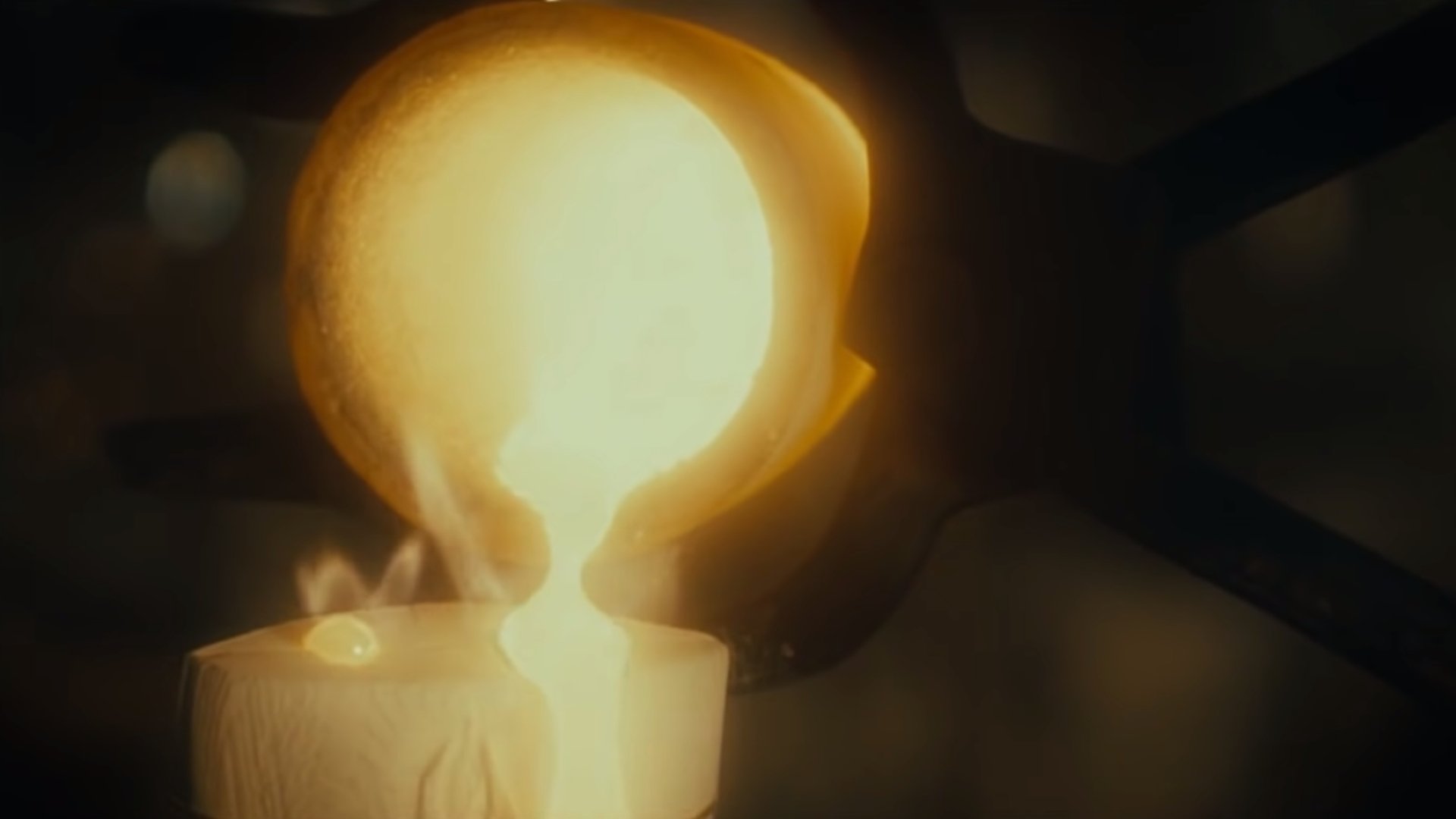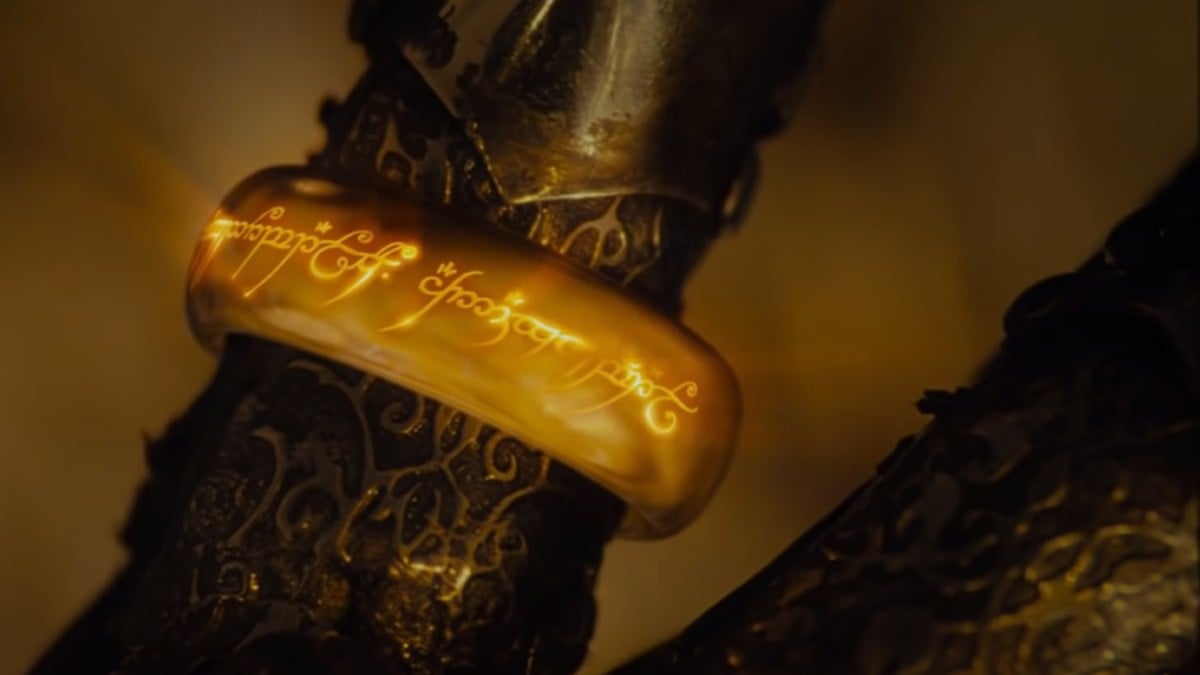The official title reveal of Prime Video’s upcoming Lord of the Rings spinoff, The Rings of Power, is bringing a very deserving franchise back into the mainstream.
Let’s be honest, Lord of the Rings never really left the mainstream. But the announcement of its impending sequel’s name has reminded heaps of people that another foray into Middle-earth is just around the corner. It’s also alerting some people, particularly younger generations who have yet to experience the glory of the original Lord of the Rings trilogy, to the current films’ existence.
More and more conversations are turning to Lord of the Rings, which is predictably prompting a fresh wave of questions about the story’s more complex points. J.R.R. Tolkien created a rich and deeply intricate world with his Lord of the Rings book series, one that many people have spent decades working to properly understand. I mean, the man created an entire language — or five — in crafting these works of literary art.
With this in mind, it’s entirely understandable that people — newcomers or otherwise — might have a wealth of questions about Tolkien’s world. One that’s been on people’s minds of late, due in large part to the new series’ title reveal, regards the titular Rings of Power. We all know the famous words etched onto the One Ring, translated from Mordor’s Black Speech into a very threatening description of the series’ most important piece of jewelery, but even the careful world building in Lord of the Rings left some gaps.
Namely, people want to know who actually crafted the Rings of Power. The stories seem to indicate that Sauron was behind the creation of the rings, but die-hard fans will quickly correct that notion. There’s a bit more to the story behind Middle-earth’s most powerful accessories.
Who made the Rings of Power?

20 Rings of Power, in total, were crafted in the Second Age. 19 of these rings were created by the Elven craftsmen of Eregion between approximately 1200 and 1590.
In the beginning, there was no known corruption of the rings. Sauron planted the idea of these powerful tools into the minds of the Eregion Elves in the process of seducing the Elves as a whole, but found himself rebuffed by Elrond and Gil-galad. The Elven smiths of Eregion were more easily taken in, however, and believed Sauron’s claims that he possessed the knowledge they needed to transform Middle-earth for the better.
Thus, the first of the rings was crafted. Sauron, adopting the false title of “Annatar,” or “Lord of gifts,” taught the Elven smiths how to imbue the rings with power, and assisted them in the creation of the first 16 rings, called the Greater 16.
The final three rings were crafted following Annatar’s departure from Eregion. While he had no hand in their creation, Celebrimbor — a master craftsman — made the final three rings using the techniques shared by Sauron. This gave Middle-earth’s greatest enemy a reduced amount power over the final three rings, but couldn’t eliminate a small connection between them and the Dark Lord who sought to control them.
The final ring is far more famous than its less devastating counterparts. The One Ring was crafted by Sauron alone in the fires of Mount Doom. He poured his malice and power into every fiber of the ring, with its sole purpose being control over the other rings. Thus the legendary phrase that adorns its length was born, proclaiming it the One Ring.
Where did the other rings end up?
Fans of the books or movies may remember where some of the Rings of Power ended up, but quite a few remain a mystery to all but the most determined of fans. Galadriel’s possession of Nenya, one of the three rings crafted for the Elves, is a big part of her story in The Fellowship of the Ring, but the location of the other rings — particularly those gifted to the Dwarves — remains pretty vague.
The deeper details of who ended up with which ring will be the topic of a separate article, but the simple version can be flawlessly quoted from one of Fellowship‘s earliest lines:
“It all began with the forging of the Great Rings. Three were given to the Elves; immortal, wisest, and fairest of all beings. Seven to the Dwarf Lords, great miners and craftsmen of the mountain halls. And nine, nine rings were gifted to the race of men, who above all else desire power.”


